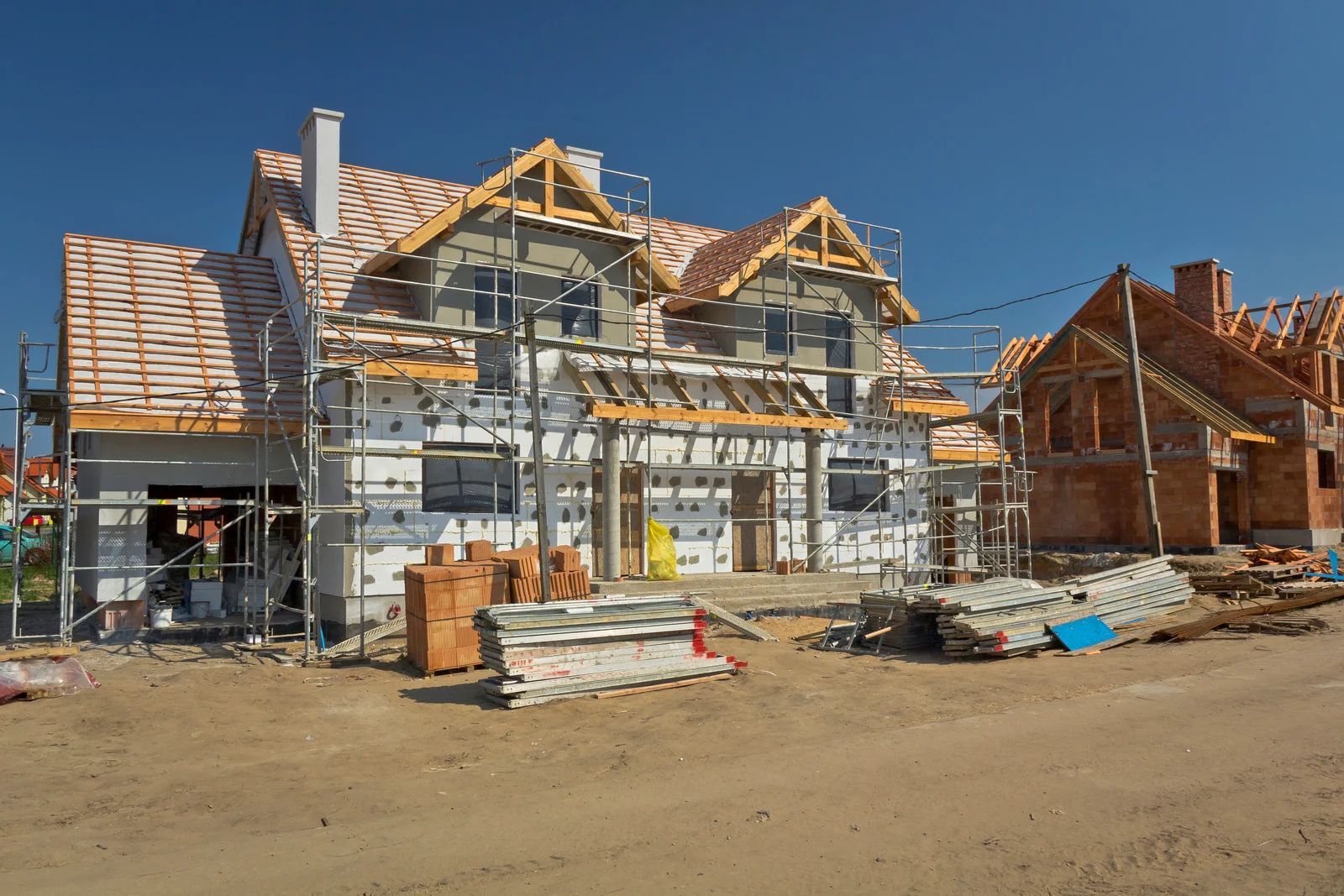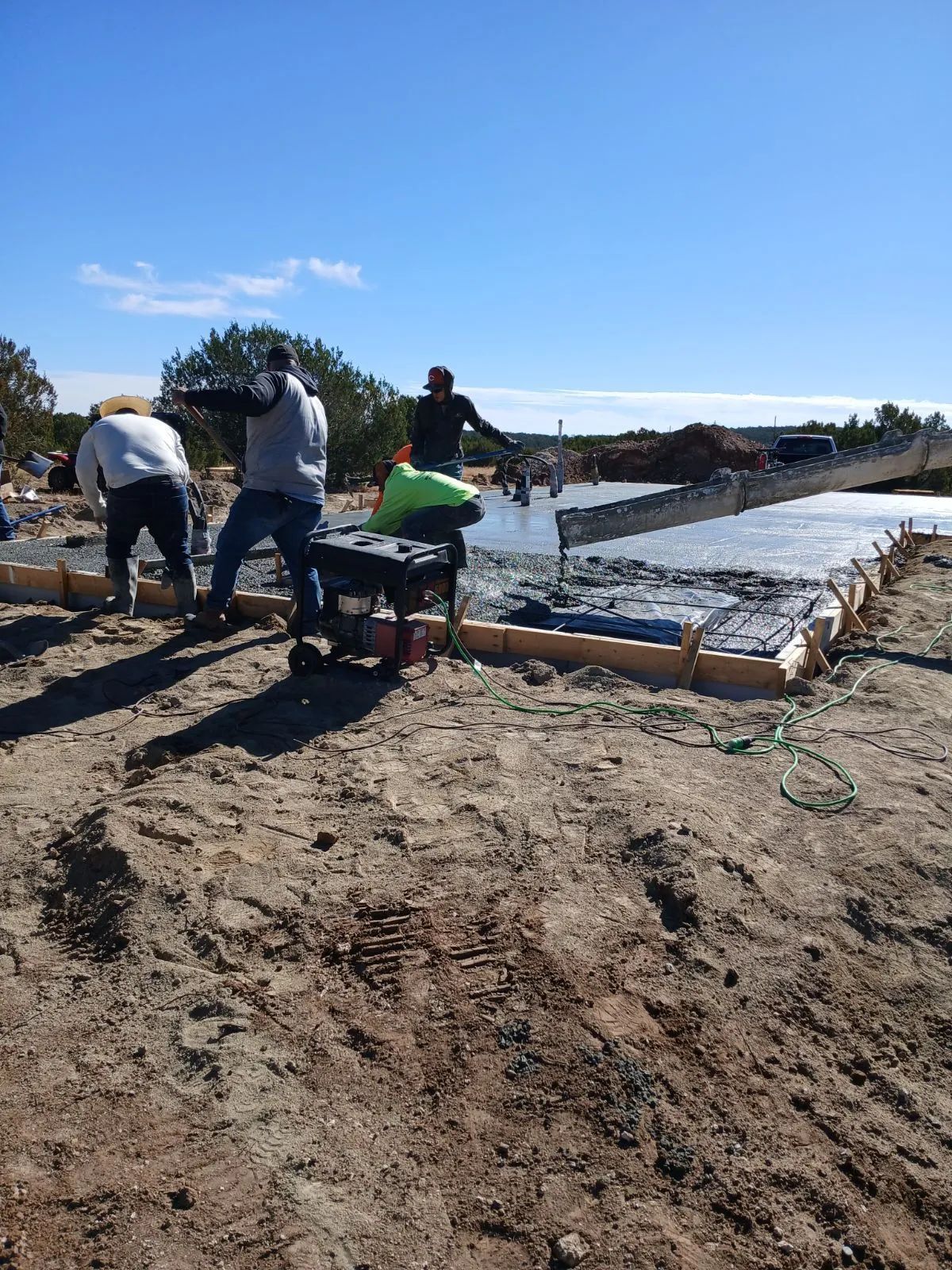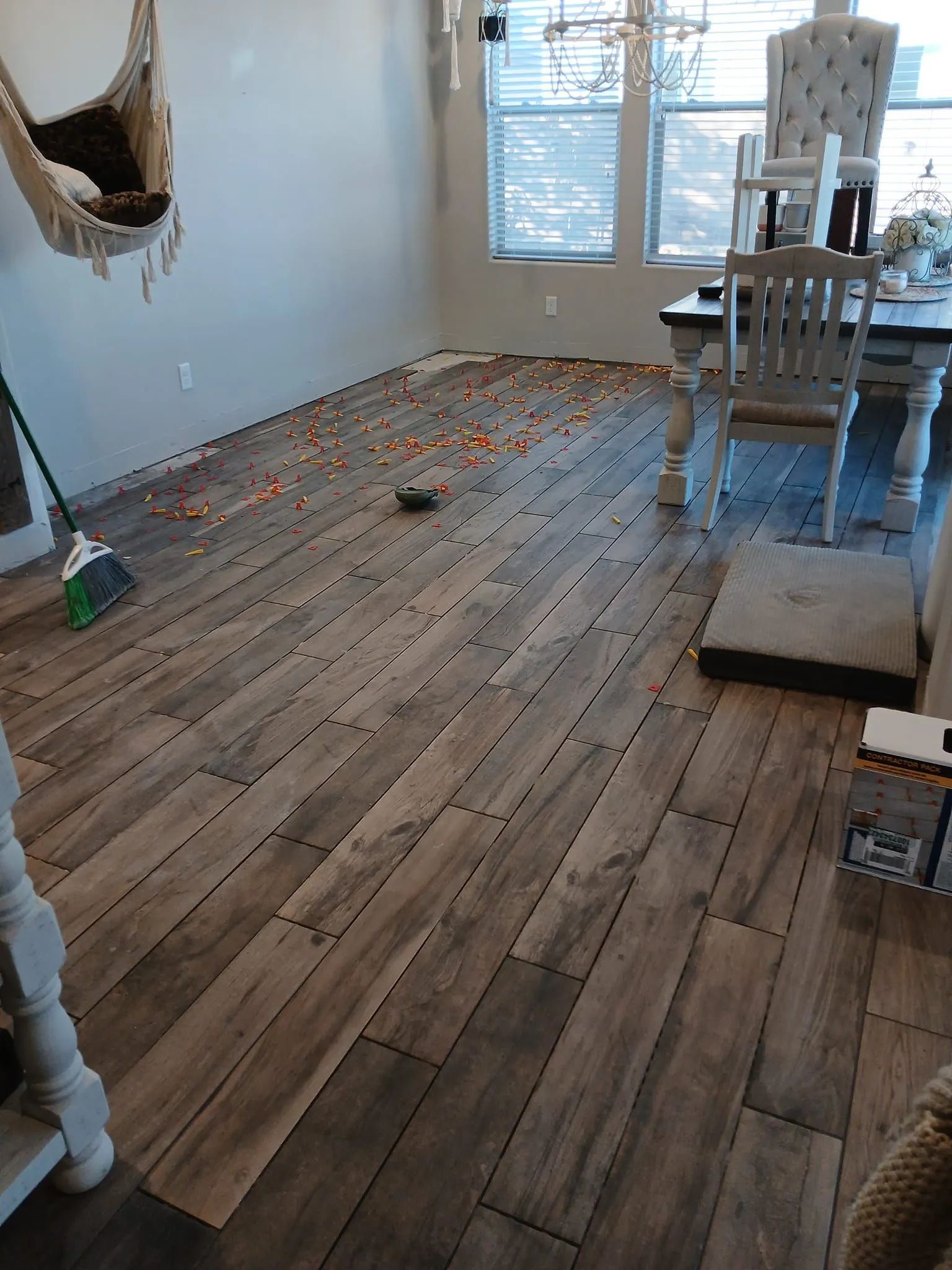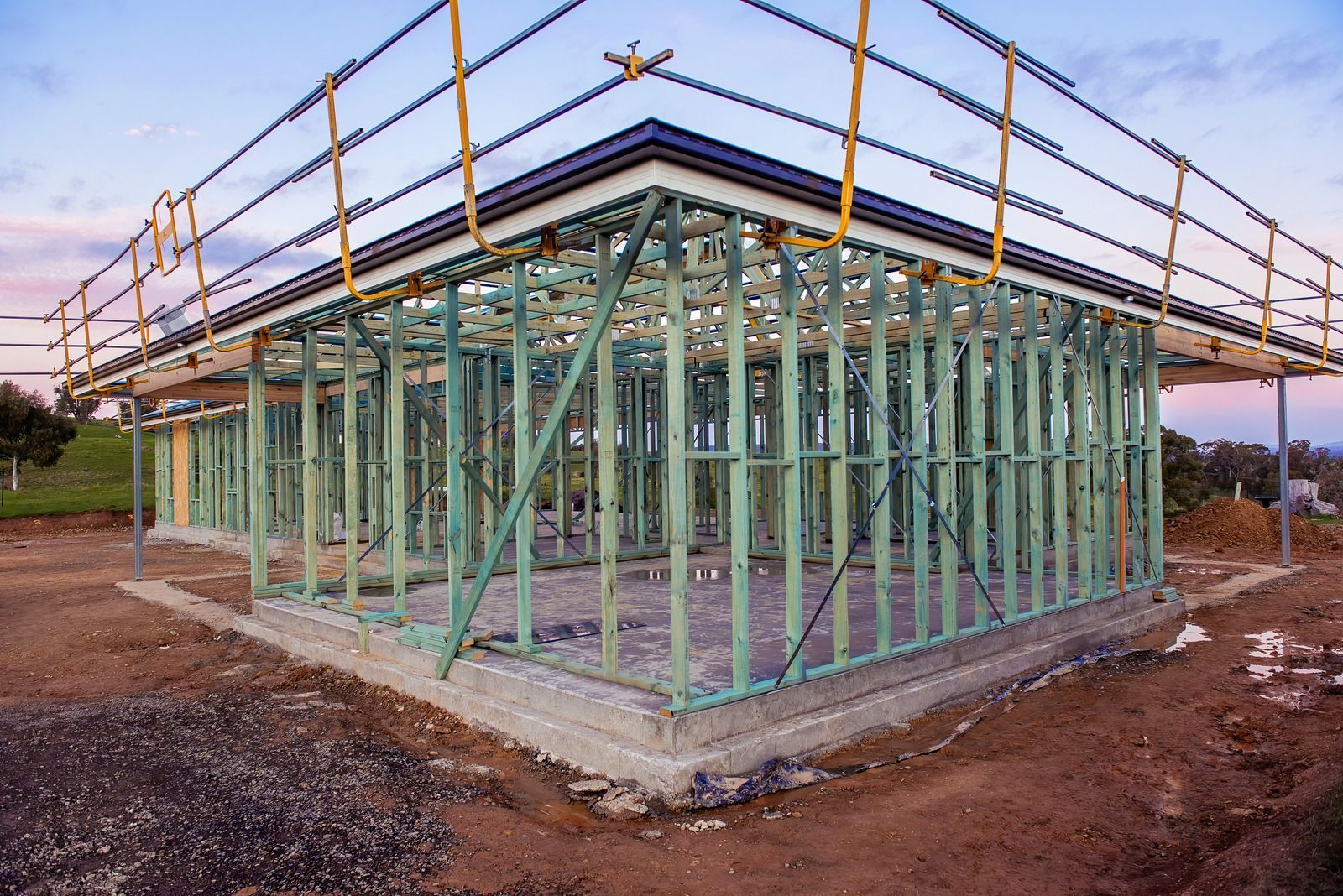Residential vs. Commercial Construction: Key Differences Every Client Should Know
August 28, 2025

Construction projects, whether for homes or businesses, require careful planning, expert execution, and a clear understanding of the unique demands of each type. Residential and commercial construction differ not only in scale but also in regulations, timelines, and budget considerations. Homeowners and business owners alike must be aware of these distinctions to make informed decisions and ensure a successful outcome. While both types involve design, materials, and skilled labor, the priorities and challenges can vary significantly. From architectural design to project management, every decision plays a crucial role in the final result. Understanding these differences helps clients navigate the construction process confidently. In this blog, we’ll explore the key distinctions between residential and commercial construction that every client should know.
Project Scope and Complexity
Residential construction typically involves building or renovating houses, townhomes, or apartments. These projects are smaller in scale and focus primarily on livability, aesthetics, and personal comfort. Commercial construction, on the other hand, encompasses office buildings, retail spaces, warehouses, and industrial facilities. The scope is larger, often involving complex systems such as HVAC, elevators, and advanced electrical networks. Commercial projects demand a higher level of coordination among architects, engineers, and contractors due to the scale and regulatory requirements.
Design and Materials
In residential projects, design emphasizes comfort, style, and personalization. Materials are often selected for durability and aesthetic appeal, with flexibility for unique architectural touches. Commercial construction prioritizes functionality, efficiency, and compliance with industry standards. Materials are chosen for longevity, fire resistance, and structural integrity to support high traffic and heavy use. The design process also incorporates specific commercial codes, accessibility requirements, and safety regulations that differ significantly from residential standards.
Budget and Timeline Considerations
Residential projects usually have smaller budgets and shorter timelines. Homeowners can often make design adjustments along the way, and permitting is relatively straightforward. Commercial construction involves substantial investment, longer timelines, and extensive permitting processes. Project managers must coordinate multiple contractors, adhere to strict schedules, and manage more complex financial planning. Delays in commercial projects can have significant operational and financial consequences, making proactive planning critical.
Regulatory Compliance
While both project types must meet building codes, commercial construction faces stricter oversight. This includes zoning laws, environmental regulations, fire safety standards, and accessibility compliance under the Americans with Disabilities Act (ADA). Residential construction primarily focuses on local building codes, energy efficiency, and safety for occupants. Understanding and adhering to these regulatory differences is essential to avoid legal and financial penalties.
Partnering with Experts for Successful Construction
Whether building a dream home or a commercial facility, working with experienced professionals ensures your project is completed efficiently and to the highest standards. At The Top Builders, a trusted general contractor in Albuquerque, New Mexico, we bring 20
years of expertise in both residential and commercial construction. Our team combines meticulous planning, quality materials, and skilled craftsmanship to deliver projects that exceed expectations. From concept to completion, At The Top Builders
is committed to transforming your vision into reality while maintaining timelines, budgets, and regulatory compliance.




